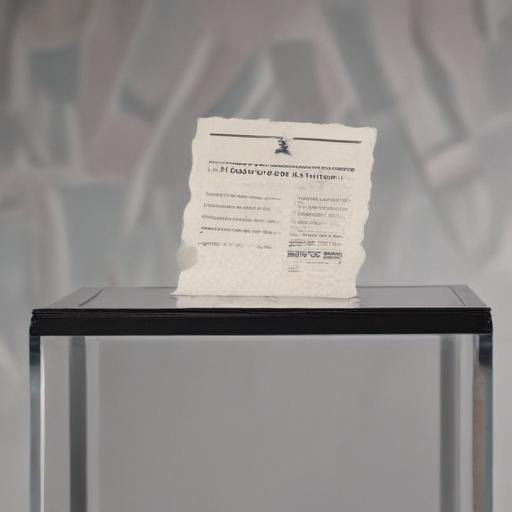Stacy Garrity, Pennsylvania’s two-term state treasurer, has announced she will seek the Republican nomination to challenge Democratic Gov. Josh Shapiro in the 2026 race for governor. The move positions a relatively low-profile state official against a nationally prominent incumbent who is already being viewed as a potential White House contender in 2028.
Garrity’s campaign rollout stressed a pro-business message: she said she would focus on job creation, strengthening the economy and making Pennsylvania more affordable for families across the state. Some leading Republicans have expressed support for Garrity, hoping she can avoid a lengthy primary, though the field remains unsettled with talk in conservative circles that Doug Mastriano—Pennsylvania’s 2022 gubernatorial nominee who lost to Shapiro—could re-enter the race.
Garrity has been signaling a run for months and has used fundraising appeals to tie Shapiro to a broader Democratic agenda, criticizing him as soft on crime and arguing that his approach hurts workers and energy producers. Shapiro, for his part, has pushed back, accusing Garrity of backing President Donald Trump’s tax cuts and spending package, arguing that such policies could burden rural hospitals and Medicaid, raise energy costs and widen the federal deficit.
Assessing Garrity’s prospects, observers note that she would enter the race with far less statewide campaigning experience than Shapiro. She spent less than $3 million across her two campaigns for treasurer in 2020 and 2024. By contrast, Shapiro has won three statewide races and has built a reputation as a disciplined messenger and top fundraiser, recently spending more than $70 million in his gubernatorial bid, setting a statewide campaign-finance benchmark. His national profile has grown as he was named a contender on Kamala Harris’ vice-presidential short list and is viewed by many as a potential 2028 Democratic president.
The race is expected to test Pennsylvania’s political dynamics, with party leaders divided over how to shape a competitive GOP field and how Garrity’s image and record will resonate beyond her Treasurer’s office. If Garrity can unify the Republican base and secure sufficient fundraising, she could provide a substantive challenge to an incumbent who is widely seen as the favorite.
Editor’s note: The 2026 governor’s race in Pennsylvania could become a focal point for broader debates about crime policy, energy policy, economic growth and the role of government in affordability. The outcome may also serve as an early signal for national political trends as both parties calibrate their strategies for the late-2020s.
Summary: Garrity enters the governor’s race as a two-term treasurer with a pro-job, pro-energy platform, facing an incumbent with deep fundraising strength and a rising national profile. The outcome will hinge on fundraising, party unity in the GOP and Garrity’s ability to translate her record into a statewide challenge against a popular incumbent.
